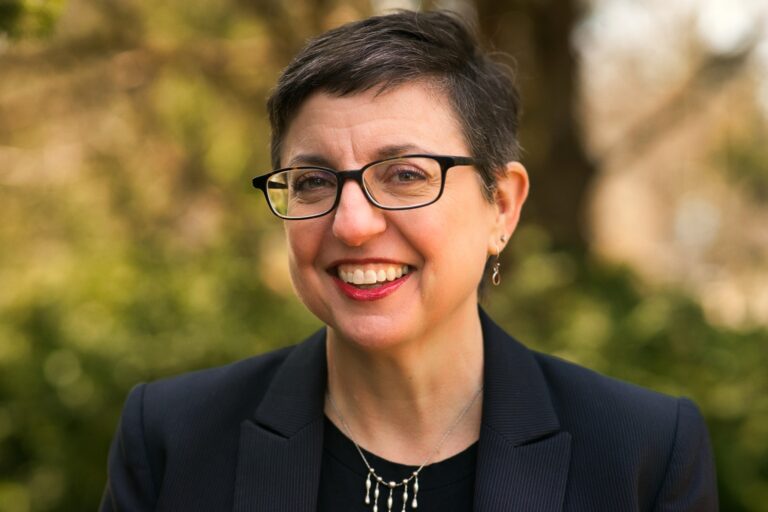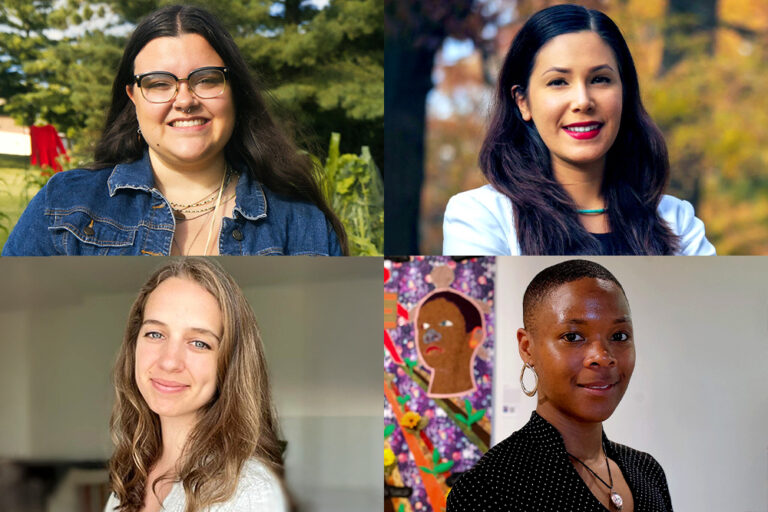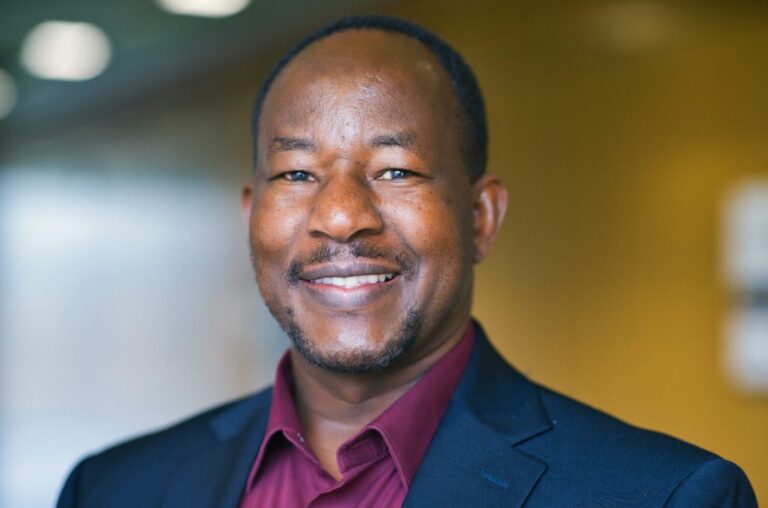The team of Shannon Donnally Quinn, Associate Professor of Russian in the Department of Linguistics, Languages, and Cultures at Michigan State University, and Anna Tumarkin, Russian Language Program Director at the University of Wisconsin-Madison, have received a 2025 Masters in Foreign Language Teaching (MAFLT) Less Commonly Taught Languages (LCTL) Innovation Award presented by the National Less Commonly Taught Languages Resource Center (NLRC) for the open educational resource (OER) textbook they created that is devoted to Russian-speaking populations outside of Russia, a project they continue to expand and work on today.
“I am very honored that our OER has been recognized in this way, and I hope that it will be available for learners for years to come,” Quinn said. “Thank you to all of our colleagues who supported us in this effort. Helping students learn about other cultures greatly enriches us, and I’ve been incredibly privileged to learn about these places as I worked on this book.”

Launched in August 2024 and supported by the Less Commonly Taught and Indigenous Languages Partnership with funding from the Andrew W. Mellon Foundation, the “Diverse Russian: A Multicultural Exploration” textbook provides students with the tools they need to understand Russian as a global language, not just the language of Russia. The textbook includes the Russian-speaking populations of Ukraine, Kazakhstan, Georgia, the Baltic states, and even the United States, offering students a richer, more complex understanding of the Russian-speaking world and the people who speak it.
Quinn and Tumarkin are continuing their work by adding new chapters focused on more places. They currently are working on two new chapters – one on Armenia and another on Kyrgyzstan.
“Helping students learn about other cultures greatly enriches us, and I’ve been incredibly privileged to learn about these places as I worked on this book.”
Shannon Donnally Quinn, Associate Professor of Russian at MSU
“We plan to have those chapters completed and ready for instructors and learners to use by the end of summer,” Quinn said. “I am thankful to my department for allowing me to repurpose some of my professional development money for a consultant on the Kyrgyzstan chapter, and Anna is also receiving some support so that she can complete the Armenia chapter. One of the nice things about working on an OER rather than a traditional book is that you can continue to expand it.”
As a 2025 MAFLT LCTL Innovation Award winner, Quinn and Tumarkin will receive a $500 cash prize, which they plan to use to help pay for a future chapter.

In creating the OER, Quinn and Tumarkin sought to help students and educators explore the Russian language spoken far beyond Russia’s borders by people of vastly different ethnic, cultural, and religious backgrounds. The textbook does include a chapter on Russia but deliberately focuses on the country’s Indigenous populations whose cultures are often overlooked in traditional textbooks.
In addition to broadening the geographic scope of Russian language education, “Diverse Russian: A Multicultural Exploration” introduces fresh content that’s often missing from traditional textbooks such as same-sex marriage and LGBTQ+ topics, reflecting the diverse experiences of Russian speakers around the world.
Quinn and Tumarkin also incorporated resources that go beyond what traditional textbooks offer including multimedia elements and interactive features such as audio, video, interactive slideshows, gamification, and collaborative activities that allow students to connect with other learners of Russian. The OER also provides teachers with valuable tools for incorporating material into their existing curriculum such as video transcripts, supplemental materials, and click-to-reveal help features that allow students to engage with more complex texts and media.

The National Less Commonly Taught Languages Resource Center, which is a Department of Education/Title VI-funded national language resource center housed in the Center for Language Teaching Advancement at Michigan State University, gives the Masters in Foreign Language Teaching (MAFLT) Less Commonly Taught Languages (LCTL) Innovation Awards to recognize outstanding innovations in LCTL instruction. These national awards are generously sponsored by the Masters in Foreign Language Teaching at Michigan State University.
The other 2025 MAFLT LCTL Innovation Award winner is Juliano Saccomani, Assistant Instructional Professor in Portuguese and Spanish at the University of Chicago.
For more information on each 2025 award winner, see the NLRC’s 2025 MAFLT LCTL Innovation Awards announcement. And, for more information on the “Diverse Russian: A Multicultural Exploration” OER, see the November 2024 article, “Professor Works to Expand Horizons in Russian Language Learning with New Online Resource,” published by MSU’s College of Arts & Letters.
By Kim Popiolek


